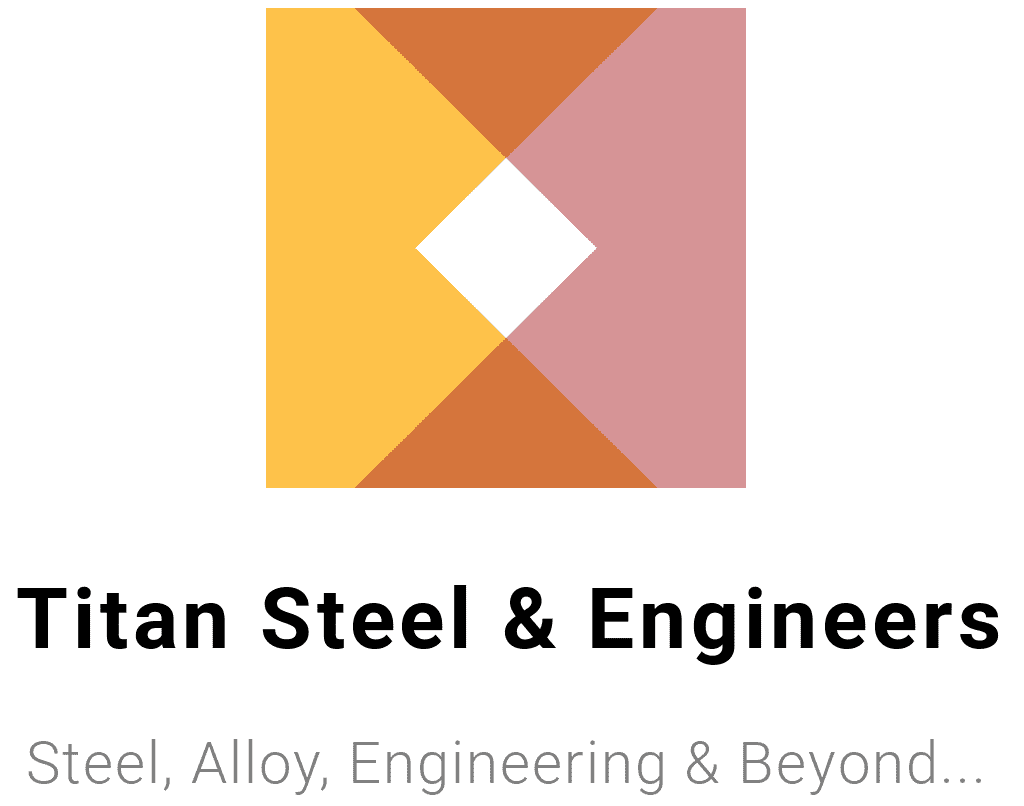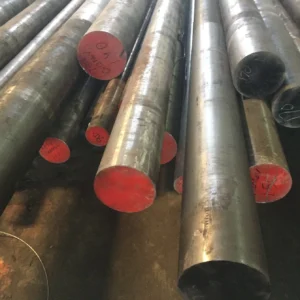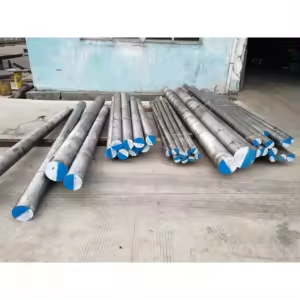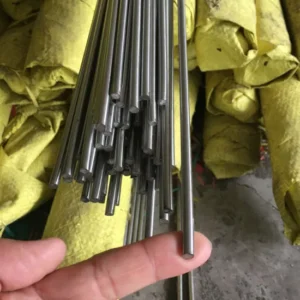Description
Understanding SUP9 Steel: Composition, Equivalent Grades, and Applications
What is SUP9 Steel?
SUP9 steel is a high-carbon chromium alloy steel known for its high strength, toughness, and good wear resistance. It is primarily used in applications that require high fatigue strength and durability. Its composition and heat treatment processes make it suitable for demanding environments in various industries.
Chemical Composition of SUP9 Steel
SUP9 steel is characterized by its specific blend of alloying elements. Here is the typical composition of SUP9 steel:
- Carbon (C): 0.75 – 0.85%
- Chromium (Cr): 0.60 – 0.90%
- Manganese (Mn): 0.60 – 0.90%
- Silicon (Si): 0.15 – 0.35%
- Phosphorus (P): ≤ 0.025%
- Sulfur (S): ≤ 0.025%
These elements work together to provide SUP9 steel with its unique mechanical properties and performance characteristics.
Equivalent Grades of SUP9 Steel
SUP9 steel is used internationally and is known by different names in various standards and countries. Here’s a comparison table of equivalent grades:
| Standard | SUP9 Equivalent | Description |
|---|---|---|
| DIN | 1.7709 | DIN standard for high-carbon chromium steel. |
| AISI | 9260 | American Iron and Steel Institute equivalent. |
| JIS | SUP9 | Japanese Industrial Standards equivalent. |
| BS | 6150 | British Standard equivalent for similar properties. |
| ISO | 55Si7 | ISO standard with comparable mechanical properties. |
Applications of SUP9 Steel
SUP9 steel’s unique properties make it suitable for a wide range of high-stress applications. Below are some common uses:
| Application | Description | Benefits |
|---|---|---|
| Automotive Springs | Used in the production of leaf springs and coil springs for vehicles. | High fatigue strength and durability. |
| Heavy-Duty Machinery | Components like shafts and gears in heavy machinery. | Excellent wear resistance and toughness. |
| Tools and Dies | Manufacturing of tools and dies for industrial processes. | High hardness and resistance to deformation. |
| Construction Equipment | Parts such as axles and springs in construction machinery. | Robust performance under heavy loads. |
| Agricultural Equipment | Components like plow blades and cultivator springs. | Enhanced wear resistance for prolonged use. |
Properties of SUP9 Steel
- Hardness: SUP9 steel can achieve high hardness levels after heat treatment, typically around 48 – 52 HRC (Rockwell Hardness Scale).
- Tensile Strength: Exhibits high tensile strength, which is crucial for components subjected to significant stress.
- Fatigue Resistance: Known for its excellent fatigue resistance, making it suitable for cyclic loading applications.
- Wear Resistance: Provides good resistance to wear and tear due to its carbon content and alloying elements.
Heat Treatment of SUP9 Steel
The performance of SUP9 steel is significantly influenced by its heat treatment process. The common heat treatment steps are:
- Austenitizing: Heating the steel to a temperature where it transforms to austenite, generally around 850°C – 880°C (1562°F – 1616°F).
- Quenching: Rapidly cooling the steel in oil or water to form a martensitic structure.
- Tempering: Reheating the steel to a lower temperature to reduce brittleness and achieve the desired hardness.
Supply Cities:
Mumbai Ahmedabad, Amaravathi, Ambattur, Bangalore, Belgaum, Chennai, Chittoor, Coimbatore, Dindigul, Mysore, Nellore, Hyderabad, Kochi, Mangalore, Tirupur, Tuticorin, Madurai, Andhra Pradesh, Karnataka, Puducherry, Kerala, Tamil Nadu, Telangana, Visakhapatnam, Kochi, Kerala, Hubli-Dharwad, Karnataka, Ghaziabad Kolkata.






